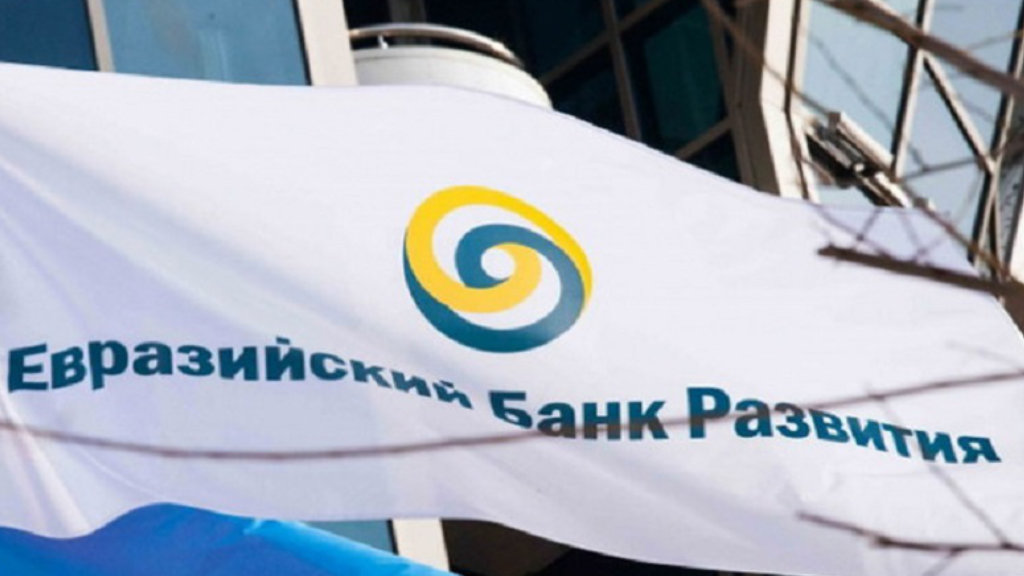The Eurasian Development Bank (EDB) aims to introduce Islamic financing instruments by mid-2025, according to Ruslan Dalenov, the Deputy Chairman of the Management Board.
The EDB is exploring new avenues to expand its product portfolio, with Islamic financing emerging as a key focus, Dalenov said. The bank believes that implementing these tools could attract up to additional US$1 billion in annual investments to Central Asian countries from international markets. It is headquartered in Almaty.
The Eurasian Development Bank is an international development institution with US$7 billion in charter capital. Its shareholders include Russia, Kazakhstan, Belarus, Armenia, Kyrgyzstan, and Tajikistan, with Uzbekistan currently finalizing its accession process. Hungary has also expressed interest to join the EDB. Russia owns 44.78% of the capital. In 2022, the bank’s Eurobonds were downgraded by Fitch due to sanctions against Russia from the West. That prompted the bank to offer buybacks of the 2022 Eurobonds to US$200 USD million, although the bank itself has not been sanctioned.
The EDB has already established a steering committee to oversee the development of Islamic financing and engaged an international consultant. The Islamic Development Bank is also providing support.
Dalenov said “As an international financial institution, the EDB is uniquely positioned to offer both conventional and Islamic financing. The introduction of new products by the bank will boost the economy by attracting fresh investments. Central Asian countries could tap into funds from Persian Gulf markets, while businesses gain opportunities to secure financing for their projects. Financing projects based on Islamic principles and issuing sukuk at an institutional level will set a strong benchmark for local businesses and foreign investors alike.”
Last year, the EDB announced plans to issue US$500 million in sukuk to fund projects in Central Asia, and those plans remain active. A sukuk is a financial certificate that is similar to a bond but is structured to comply with Islamic law, or Sharia. The word “sukuk” is Arabic for “legal instrument, deed, or cheque.”
Dalenov also commented on this saying “Sukuk are funds specifically allocated for certain projects. To roll out Islamic financing, we first need to get all the necessary regulatory frameworks in place, which we’re working on right now. We’re planning to kick off with a small pilot project soon to get a handle on the principles of Islamic financing. Once that’s done and we’ve shown it works, we’ll showcase our capabilities to Middle Eastern investors and move forward with a full sukuk issuance, likely next year.”
EDB Management Board Chairman Nikolai Podguzov emphasized the dynamic growth of the Islamic finance market and its potential in Central Asia. “We’re gearing up to launch one or two pilot projects in Islamic finance in 2025, with funding of up to US$10 million. These initiatives will lay the groundwork for expanding this sector further. As pioneers in the region, we’re excited to lead the way and hope that governments and financial institutions in our member countries will partner with us to build strong momentum.”
Further Reading
Asian Development Bank Agrees Azerbaijan Loan To Finance Railway To Russia

 Русский
Русский













